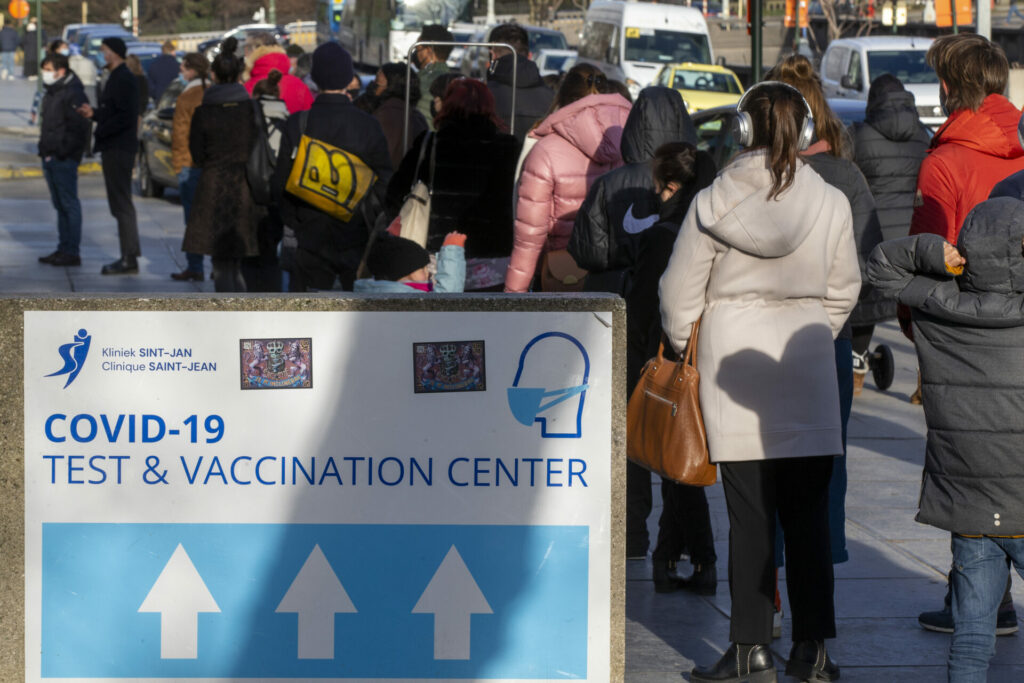The number of Covid-19 infections in Belgium is on the rise again, but vaccinologist Pierre Van Damme (UAntwerpen) does not expect the cases to really increase until the summer holidays are over and people go back to school and into the office.
The weekly reports by the Sciensano national health institute show that the number of positive tests is going up again, indicating that the Covid-19 virus is circulating more in society.
"While the cases are indeed going up, the number of positive tests is actually no longer a good way to keep track of it," Van Damme said in an interview with De Morgen. "Unlike two or three years ago, people are no longer testing as often when they have symptoms because they assume it will not be Covid-19 or that it is no longer that bad."
A better parameter, currently, is how much of the virus is found in the wastewater. And there too, Sciensano's website shows a slight increase in some places in Belgium, but certainly not everywhere.
Autumn weeks
"It matches with what we are hearing from the hospitals. There are not more admissions because of Covid-19, but the people who are admitted and tested for the virus (as is routine now) do test positive again more often," he said. "So there are more cases of illness, but that does not immediately translate into intensive care or hospital admissions."
For Van Damme, this is explained by the few "autumn weeks" Belgium has seen in terms of weather recently, resulting in people once again being cooped up indoors rather than meeting outdoors. The most prominent variant of the virus currently circulating is XBB 1.5. "We are also seeing new variants emerging, such as the EG5.1 variant, but we cannot yet comment on its pathogenic effect."
In the United States, experts have advised people who want another booster shot to wait for the shot that will offer protection for the newest variants. "The aim is for the new vaccine to be approved by the European authorities in early September. We can then roll it out as well. So people who want to get vaccinated now are better off waiting a little longer."
Related News
- Dutch study shows why people have long-term Covid symptoms after infection
- More infectious, but not dangerous: Covid-19 is back with new EG.5 variant
"There is also no peak yet. Towards the end of the holidays, when everyone returns to school or work, the number of infections is likely to increase more sharply," Van Damme said. "We do not expect a real peak until October."
While the virus is evolving in the direction of the flu virus, it is still more severe than flu, he warned. "And there is another important difference: it is not seasonal, but circulates throughout the year. So unlike flu, we cannot arm ourselves annually in September or October to be best protected in December or January."

